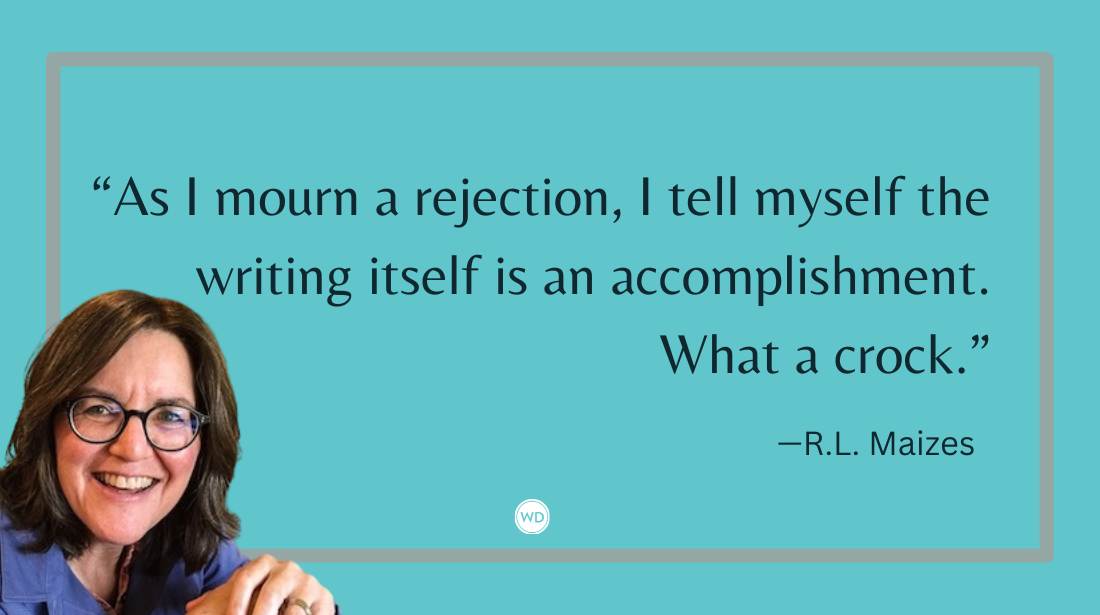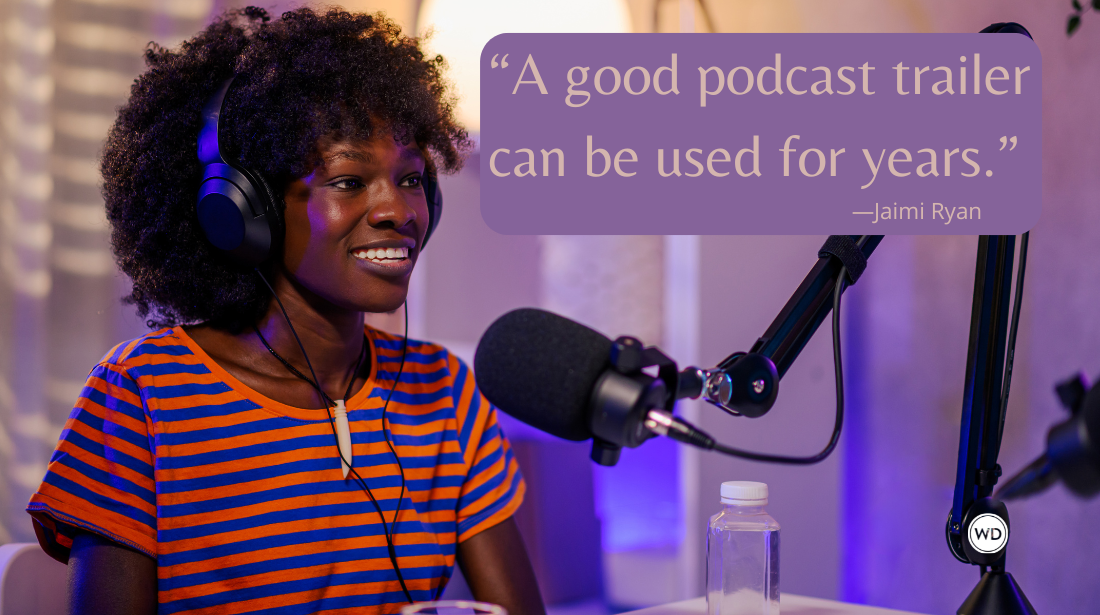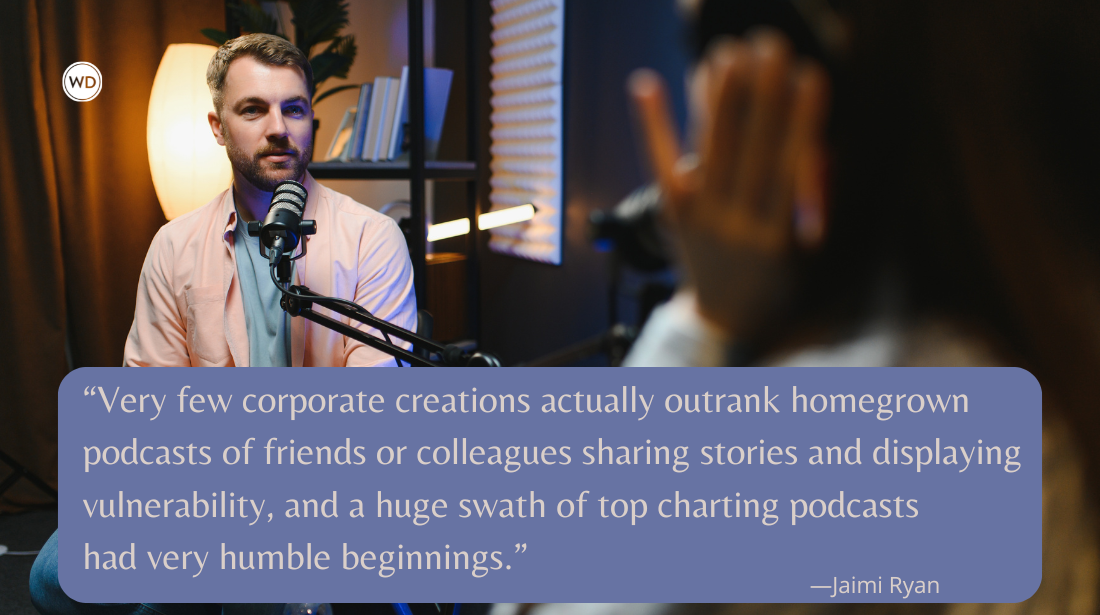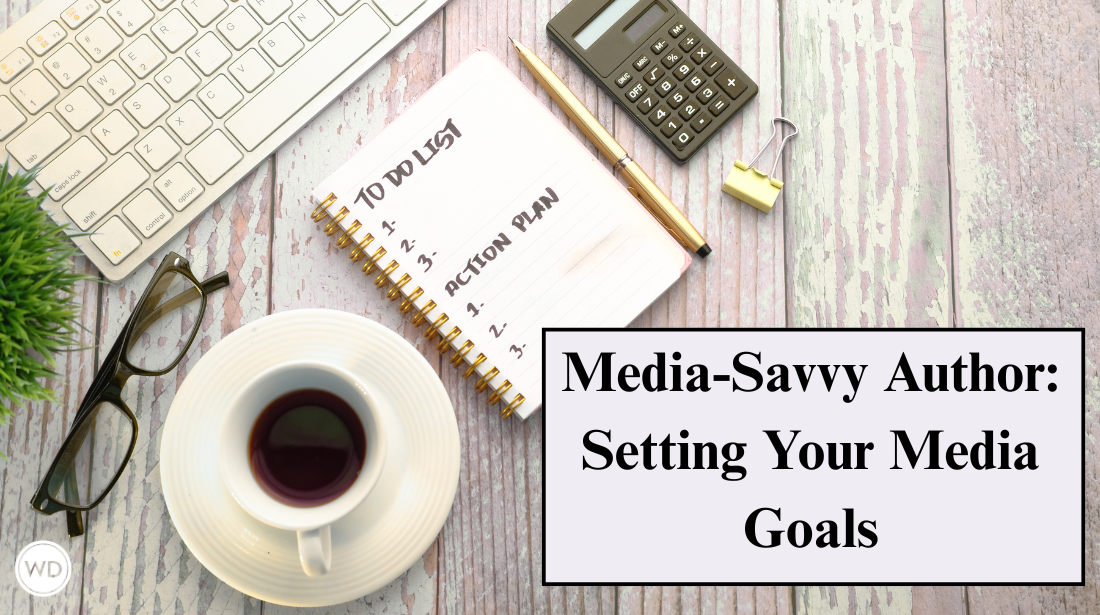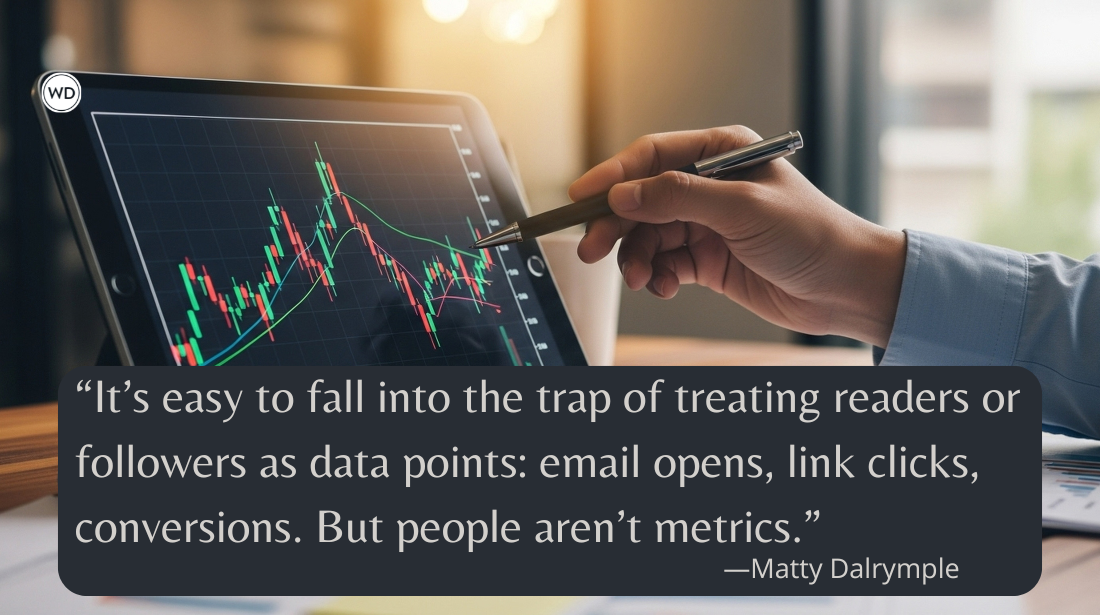Are You Ready to Be a Bestselling Author? Then Listen to Alec Baldwin
When I’m feeling stressed at work, I love watching this clip from Glengarry Glen Ross, where Blake (played by Alec Baldwin) walks into a real-estate office on a rainy night…
When I'm feeling stressed at work, I love watching this clip from Glengarry Glen Ross, where Blake (played by Alec Baldwin) walks into a real-estate office on a rainy night to give everyone a little "pep" talk. (Warning: Strong language ahead.)
I've never had a sales job (and never want a sales job!), but listening to this reminds me of the ground rules about working in any business. For writers who are trying to succeed at writing as a business, maybe you'll find this helpful too. Below I've extracted the writing pearls of wisdom from the best parts of Blake's talk.
Note: I have cleaned up the language to keep this at least PG-13.
Blake
Let me have your attention for a moment! So you're talking about what? You're talking about that sale you shot, some SOB that doesn't want to buy, somebody that doesn't want what you're selling, some broad you're trying to screw and so forth. Let's talk about something important. Are they all here?
Lesson #1. Where You Expend Your Energy Is Vital
If you want to sit around and complain about your situation, is that helping you succeed? No. If you go to a writers conference or critique group, or to an online forum, are you the type of person who's just there to air complaints and talk about how rough you've had it? ("You're talking about that pitch you shot, some editor that doesn't want to buy, somebody that doesn't want your novel?")
It's time for self-reflection. How can you be productive with your time, and put your energy into something positive?
Blake
Let's talk about something important! (to Levene) Put that coffee down!! Coffee's for closers only. Do you think I'm messing with you? I am not messing with you.
Lesson #2. Coffee Is for Closers
Actually, there is no lesson here. It's just one of the best lines of the whole scene.
Blake
... The good news is -- you're fired. The bad news is you've got, all you got, just one week to regain your jobs, starting tonight. Starting with tonight's sit. Oh, have I got your attention now? Good. 'Cause we're adding a little something to this months sales contest. As you all know, first prize is a Cadillac Eldorado. Anyone want to see second prize? Second prize's a set of steak knives. Third prize is you're fired.
You got leads. Mitch and Murray paid good money. Get their names to sell them! You can't close the leads you're given, you can't close, hit the bricks pal and beat it 'cause you are going out!!!
Lesson #3. Know When to Fire Yourself
In sales, call volume is important. The more calls you make, the more sales you make. It's important to spend time on the phone.
In writing, butt-in-chair is important. The more consistent time you spend writing, the better you get, the more you produce. Think about how much time you spend on your writing. Do you deserve to be fired, or are you proud of your production?
In publishing, pitching is important. Have you found the right leads? Or are you indiscriminately opening up a market directory and sending generic queries? Do you buckle under rejection, or can you keep going? If you can't face rejection, if you can't learn to pitch agents/editors, you will indeed hit the bricks, at least in terms of writing as a business pursuit.
Blake
… you drove a Hyundai to get here tonight, I drove a eighty thousand dollar BMW. That's my name!! (to Levene) And your name is "you're wanting." And you can't play in a man's game. You can't close them. (at a near whisper) And you go home and tell your wife your troubles. (to everyone again) Because only one thing counts in this life! Get them to sign on the line which is dotted! You hear me?
Lesson #4. Success Calls for Thick Skin
Writers who can't be edited, who faint at red marks on the page, who think their writing can't be improved (yet in the same breath complain that editors don't edit any more): You can't effectively play at this publishing game if you're this sensitive. If you can't adjust and compromise (when necessary) to close a deal, it's time to exit the game. Of course, if you're asked to compromise so much that it's a bad deal, find yourself another lead.
(Blake flips over a blackboard which has two sets of letters on it:
ABC, and AIDA.)
Blake
A-B-C. A-always, B-be, C-closing. Always be closing! Always be closing!! A-I-D-A. Attention, interest, decision, action. Attention -- do I have your attention? Interest -- are you interested? I know you are. You close or you hit the bricks! Decision -- have you made your decision for Christ?!! And action. A-I-D-A.
Lesson #5. Always Be Closing
Before you even write the first word of your manuscript, you should have an audience/readership in mind, and know how to close agents/publishers on buying your work, but more importantly, your readers. AIDA!
Blake
You think this is abuse? You can't take this -- how can you take the abuse you get on a sit?! You don't like it -- leave. I can go out there tonight with the materials you got, make myself fifteen thousand dollars! Tonight! In two hours! Can you? Can you? Go and do likewise! A-I-D-A!! Get mad you SOBs! Get mad!!
Lesson #6. Get Mad
Sometimes it's necessary to get angry or fired up (over rejection, over poor treatment from a publisher/agent, over lack of sales) to get the more successful outcome you want. You can't sit back and play the victim and expect to be successful. Don't expect others to do the work for you. Are you making the most of the tools you have? Could someone else do better with your tools, if they had more confidence, energy, and drive?
Blake
The money's out there, you pick it up, it's yours. You don't--I have no sympathy for you. You wanna go out on those sits tonight and close, close, it's yours. If not you're going to be shining my shoes. Bunch of losers sitting around in a bar, (in a mocking weak voice): "Oh yeah, I used to be a salesman, it's a tough racket."
Lesson #7. Writing and Publishing Is a Tough Racket. So What?
The percentage of writers who eventually get published is very small. The percentage of writers who publish and manage to make a living at it is even more miniscule. But there are new authors who manage to do it everyday, through traditional and nontraditional (self-publishing) means. You can complain all you want about it being a tough or unfair racket, but that doesn't get you any closer to success. If you want to be in the game, these are the rules.
Would you know what to do with good luck if you got it? I hope so! Go and close!
Jane Friedman is a full-time entrepreneur (since 2014) and has 20 years of experience in the publishing industry. She is the co-founder of The Hot Sheet, the essential publishing industry newsletter for authors, and is the former publisher of Writer’s Digest. In addition to being a columnist with Publishers Weekly and a professor with The Great Courses, Jane maintains an award-winning blog for writers at JaneFriedman.com. Jane’s newest book is The Business of Being a Writer (University of Chicago Press, 2018).




